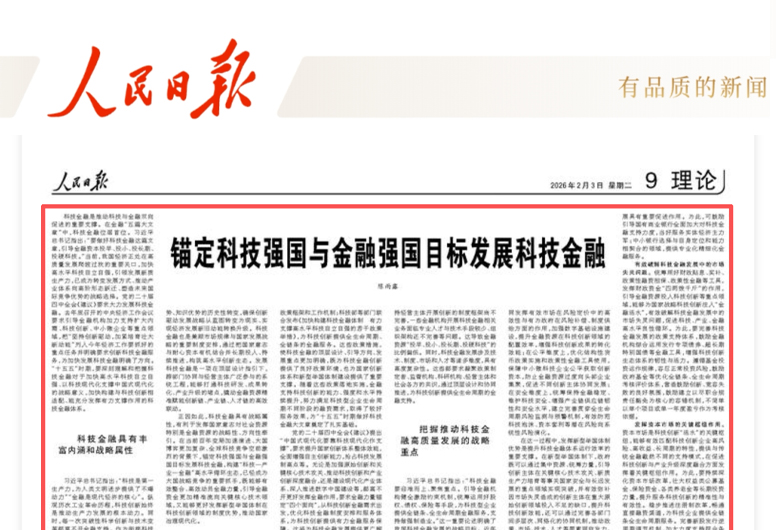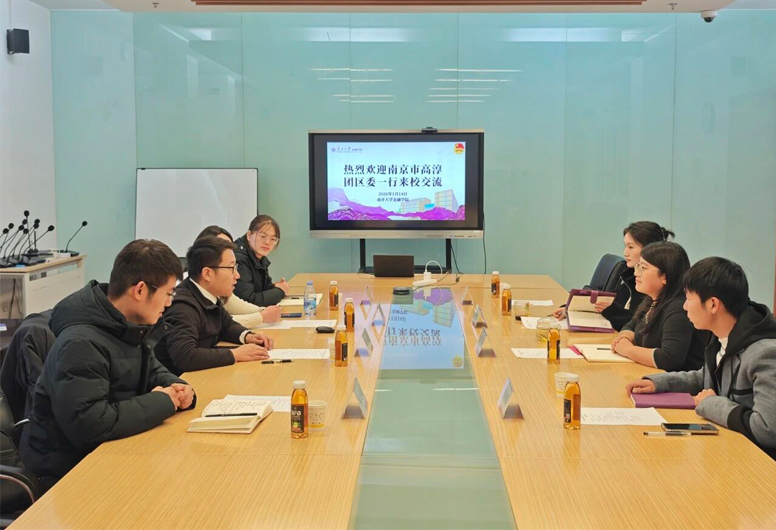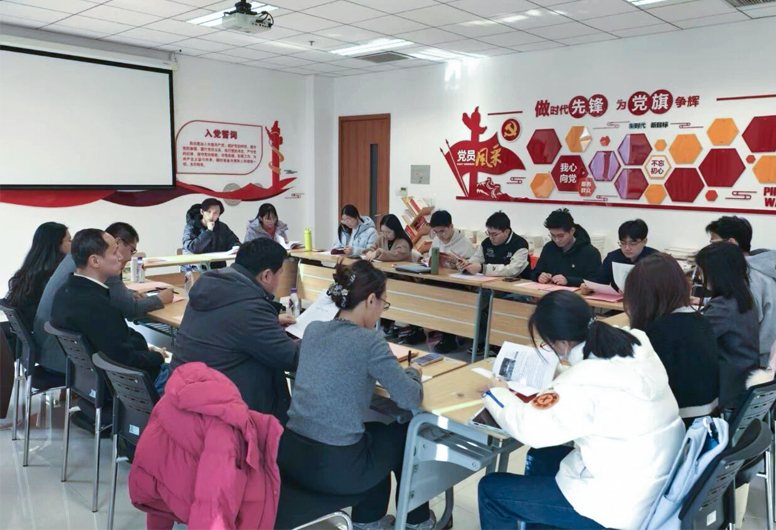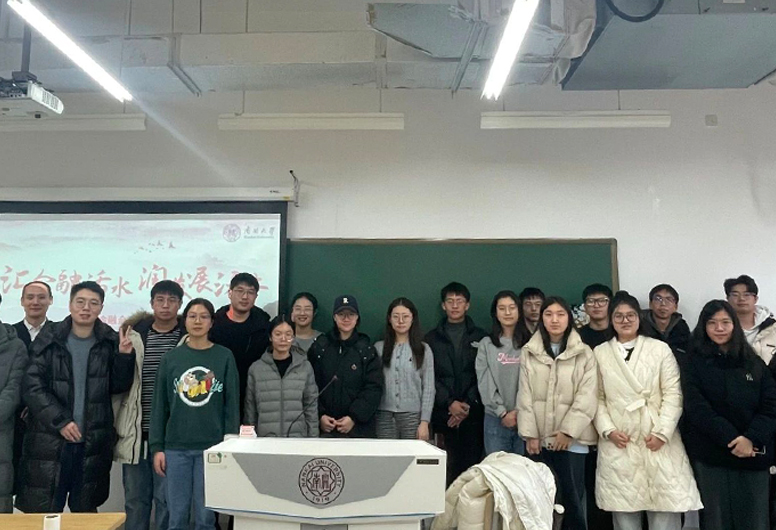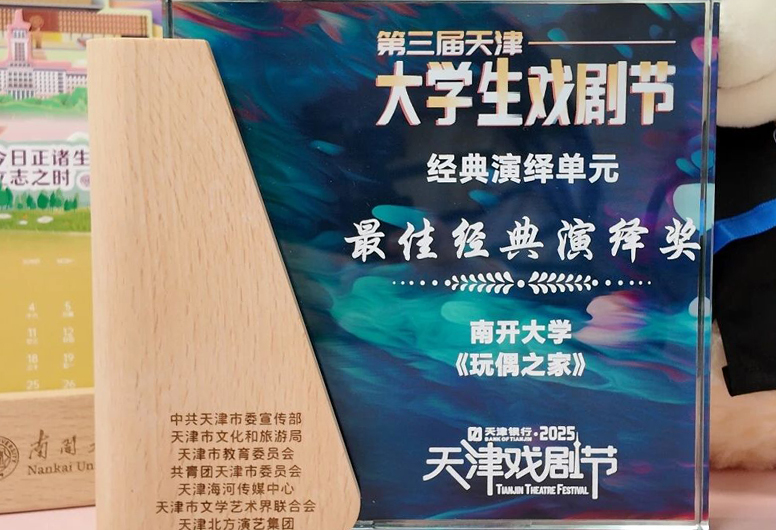活动预告 正午阳光——青年学者论坛(2024春季)第六期
“正午阳光——青年学者论坛”是金融学院定期举办的以院内师生参与为主的学术交流活动,为全院专家学者之间、师生之间、南开金融与国际国内学术界之间提供了难得的交流机会。本学期“正午阳光”论坛初心不改,扬帆远航再出发,致力于营造学院学校科研氛围,推动师生学术科研水平不断提升!
2024年春季学期 “正午阳光——青年学者论坛”第六期活动安排如下:
讲座题目:
Motivated Beliefs and Insurance Decisions Between Spouses
主讲人:
贾若,北京大学经济学院保险学长聘副教授、研究员、博士生导师,北京大学经济学院科研委员会委员,北京大学中国精算发展研究中心副主任。研究领域为保险经济学,包括保险科技、保险公司与保险监管、社会保险、巨灾风险管理等。他担任国家社会科学基金重大项目“基于保险制度建设的国家风险管理体系”的首席专家,并主持国家自然科学基金面上和青年项目,政策咨询报告曾获得中央深改办、中国银保监会等中央有关部门采纳。他在Journal of Risk and Insurance、Geneva Risk and Insurance Review、Journal of Banking and Finance、《经济研究》、《金融研究》、《保险研究》等高水平期刊上发表论文。贾若兼任European Journal of Finance副主编,Geneva Papers on Risk and Insurance-Issues and Practice编委会编委,Management and Insurance Review副主编;兼任日内瓦协会(国际保险经济学研究会)数字科技研究合作专家。
点评人:
陈璐,南开大学金融学院教授,金融学院副院长,风险管理与保险学系主任,博士生导师。主要研究领域为健康经济、医疗保障、长期护理保险。
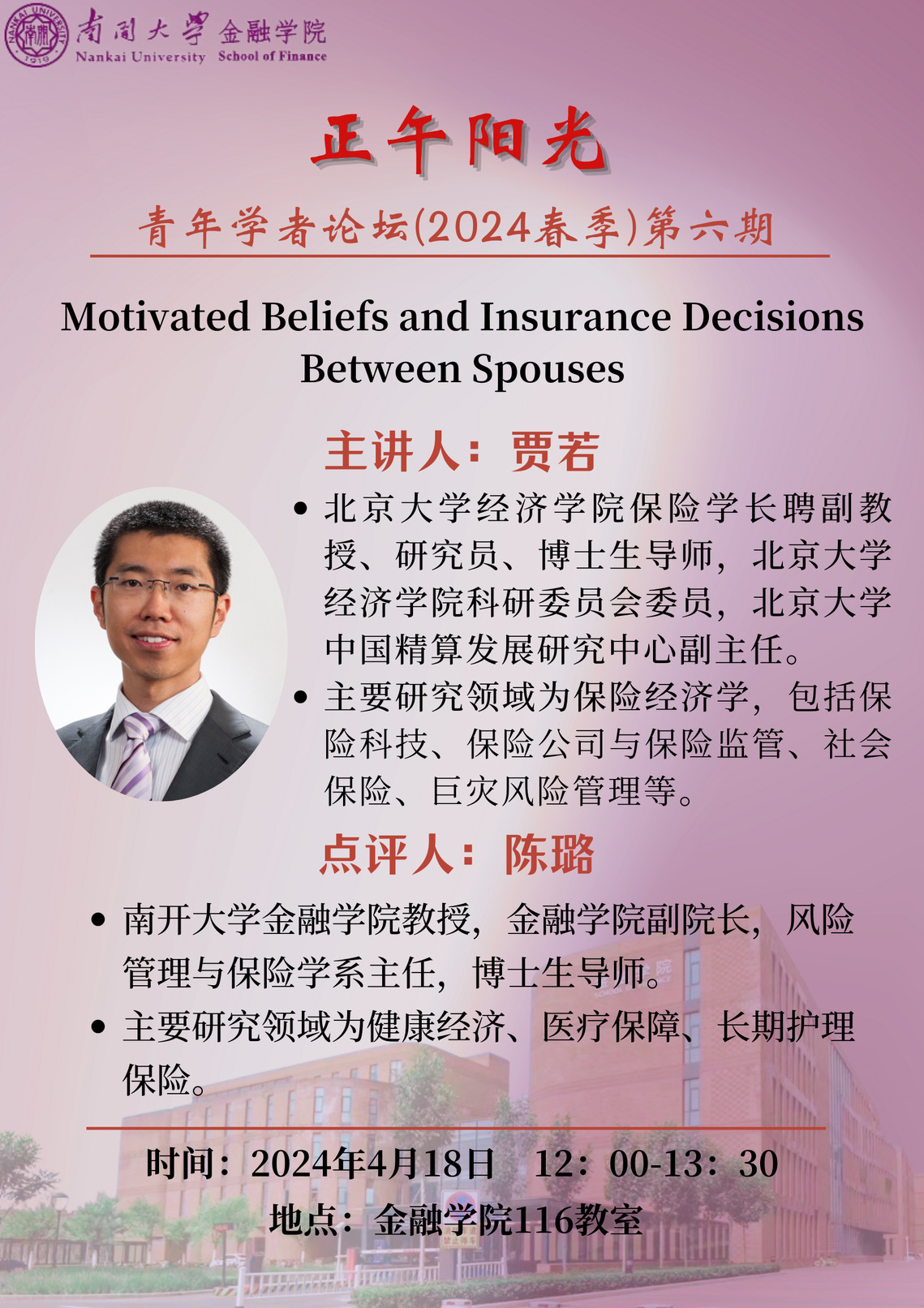
讲座时间:
2024年4月18日(周四)12:00-13:30
讲座地点:
金融学院116教室
内容摘要:
We investigate insurance decisions between spouses using field data from an insurtech company. Empirical analyses reveal that individuals purchase significantly more insurance for their spouses than for themselves. Moreover, they seem to be less responsive to their own health information compared to that of their spouses. We attribute this insurance gap between spouses partly to motivated beliefs that individuals tend to believe they are healthier than their spouses. We also find the insurance gap can be due to mutual supports within couples. Especially, the insurance gap between spouses is larger when individuals perceive their spouses as not paying sufficient attention to their health risks, being less risk-averse, or facing financial constraints. We further verify the motivated beliefs channel with a survey experiment and provide supporting evidence. We collect direct evidence on individuals’ beliefs of health risks. On average, respondents believe that their and their spouses’ health risks compared with people of their or their spouses’ age and gender are smaller. We also find that more people believe that they are healthier than their spouses. The sur-vey experiment also documents evidence for the insurance gap between spouses and motivated beliefs with a different population, while having more control variables.


